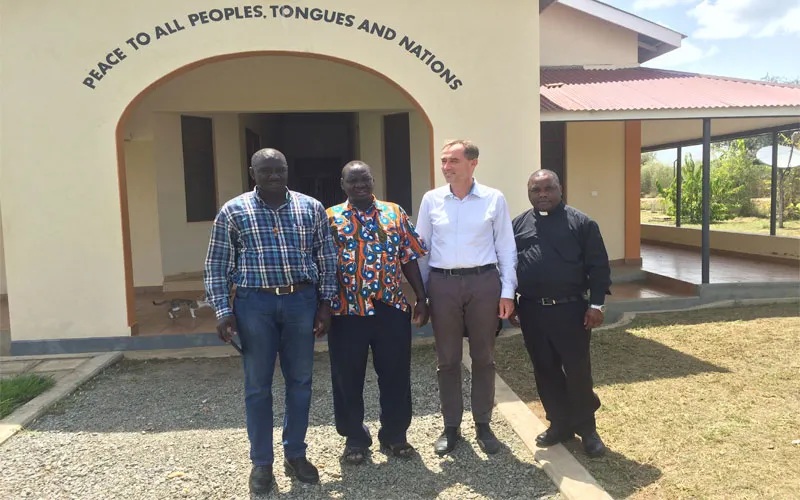Juba, 03 October, 2019 / 3:41 am (ACI Africa).
In a country where Christian churches have maintained educational and health institutions, facilitated humanitarian programs through their structures at the grassroots, and operationalized an ecumenical approach in calling for an end to violence and a peaceful resolution of the protracted conflict in the world’s youngest nation, an analysis of the impact of the gospel message on South Sudanese would give perspective to the central mission of the Churches, which is to evangelize through the promotion of gospel values.
ACI Africa caught up with the Coordinator of the Pastoral department of the Association of Member Episcopal Conferences in East Africa (AMECEA), Fr. Emmanuel Chimombo who just returned from South Sudan. He shared about his encounters with his counterparts at the Juba-based Bishops’ conference, revealing gaps, possible reasons, the Church’s strategies to fill the gaps, and the impact of the ongoing initiatives to promote gospel values among the people of God in South Sudan.
“It seems that Christianity is not reflected much in their actions,” Fr. Emmanuel Chimombo told ACI Africa in reference to Christians in South Sudan who are estimated at about 60 percent of the population, according to the 2012 Pew Research Center report.
“It (Christianity) has not impacted much on their lives because there is a lot of fighting, a lot of tribalism and there is even a saying that people are closer to their tribes than to Christ,” Malawian-born Fr. Chimombo explained, pointing to the culture of revenge in the world’s newest nation.
He identified lack of exposure and mutual interaction among cultures as a possible factor behind the state of things among South Sudanese saying, “Some are locked only to their language, and because they have only their local language, they don’t have access to different cultures.”








